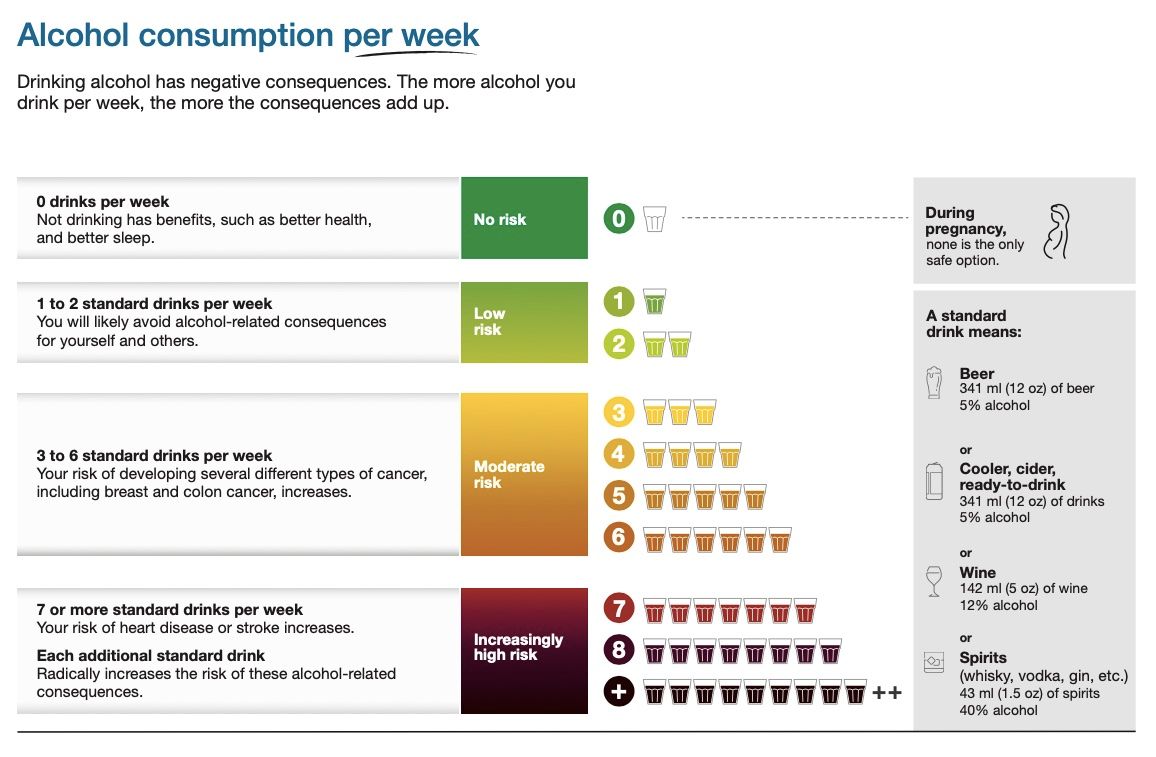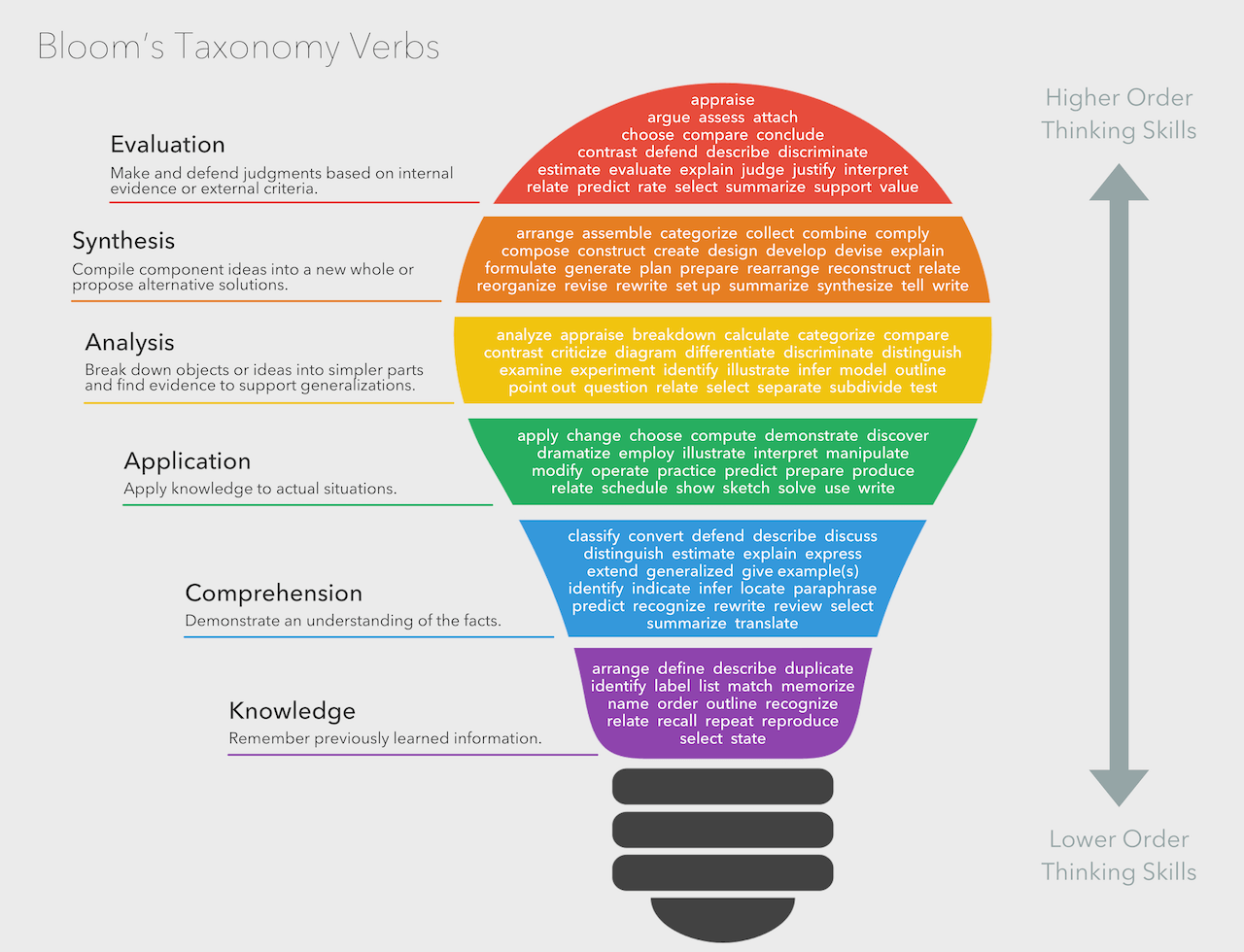Men’s depression and suicide literacy in Canada
After 901 people completed the quiz below, the results indicated that generally Canadian men got less answers right about how to identify symptoms of depression and prevent suicide.The quiz calculated the difference between men and women in knowing the symptoms of depression (the correct answer is in brackets after each question):Men with depression often speak in a rambling and disjointed way. (False)Men with depression may feel guilty when they are not at fault. (True)Loss of confidence and poor self-esteem may be a symptom of men’s depression. (True)Men with depression often hear voices that are not there. (False)Sleeping too much or too little may be a sign of men’s depression. (True)Eating too much or losing interest in food may be a sign of men’s depression. (True)Depression does not affect men’s memory and concentration. (False)Having several distinct personalities may be a sign of men’s depression. (False)Most men with depression need to be hospitalized. (False)Many famous men have suffered from depression. (True)The suicide quiz questions (correct answers are in brackets):Men who have thoughts about suicide should not tell others about it. (False)Most men who suicide are psychotic. (False)Men talking about suicide always increase the risk of suicide. (False)Not all men who attempt suicide plan their attempt in advance. (True)Very few men have thoughts about suicide. (False)Men are more likely to die by suicide than women. (True)Men who want to attempt suicide can change their mind quickly. (True)There is strong relationship between men’s alcoholism and suicide. (True)Men's depression and suicide literacy: a nationally representative Canadian surveyOliffe, John L.; Hannan-Leith, Madeline N.; Ogrodniczuk, John S.; Black, Nick; Mackenzie, Corey S.; Lohan, Maria; Creighton, Genevieve. Men’s depression and suicide literacy: a nationally representative Canadian survey. Journal of Mental Health: Vol. 25 Issue 6 – 2016.
After 901 people completed the quiz below, the results indicated that generally Canadian men got less answers right about how to identify symptoms of depression and prevent suicide.
The quiz calculated the difference between men and women in knowing the symptoms of depression (the correct answer is in brackets after each question):
- Men with depression often speak in a rambling and disjointed way. (False)
- Men with depression may feel guilty when they are not at fault. (True)
- Loss of confidence and poor self-esteem may be a symptom of men’s depression. (True)
- Men with depression often hear voices that are not there. (False)
- Sleeping too much or too little may be a sign of men’s depression. (True)
- Eating too much or losing interest in food may be a sign of men’s depression. (True)
- Depression does not affect men’s memory and concentration. (False)
- Having several distinct personalities may be a sign of men’s depression. (False)
- Most men with depression need to be hospitalized. (False)
- Many famous men have suffered from depression. (True)
The suicide quiz questions (correct answers are in brackets):
- Men who have thoughts about suicide should not tell others about it. (False)
- Most men who suicide are psychotic. (False)
- Men talking about suicide always increase the risk of suicide. (False)
- Not all men who attempt suicide plan their attempt in advance. (True)
- Very few men have thoughts about suicide. (False)
- Men are more likely to die by suicide than women. (True)
- Men who want to attempt suicide can change their mind quickly. (True)
- There is strong relationship between men’s alcoholism and suicide. (True)
Oliffe, John L.; Hannan-Leith, Madeline N.; Ogrodniczuk, John S.; Black, Nick; Mackenzie, Corey S.; Lohan, Maria; Creighton, Genevieve. Men’s depression and suicide literacy: a nationally representative Canadian survey. Journal of Mental Health: Vol. 25 Issue 6 – 2016.










